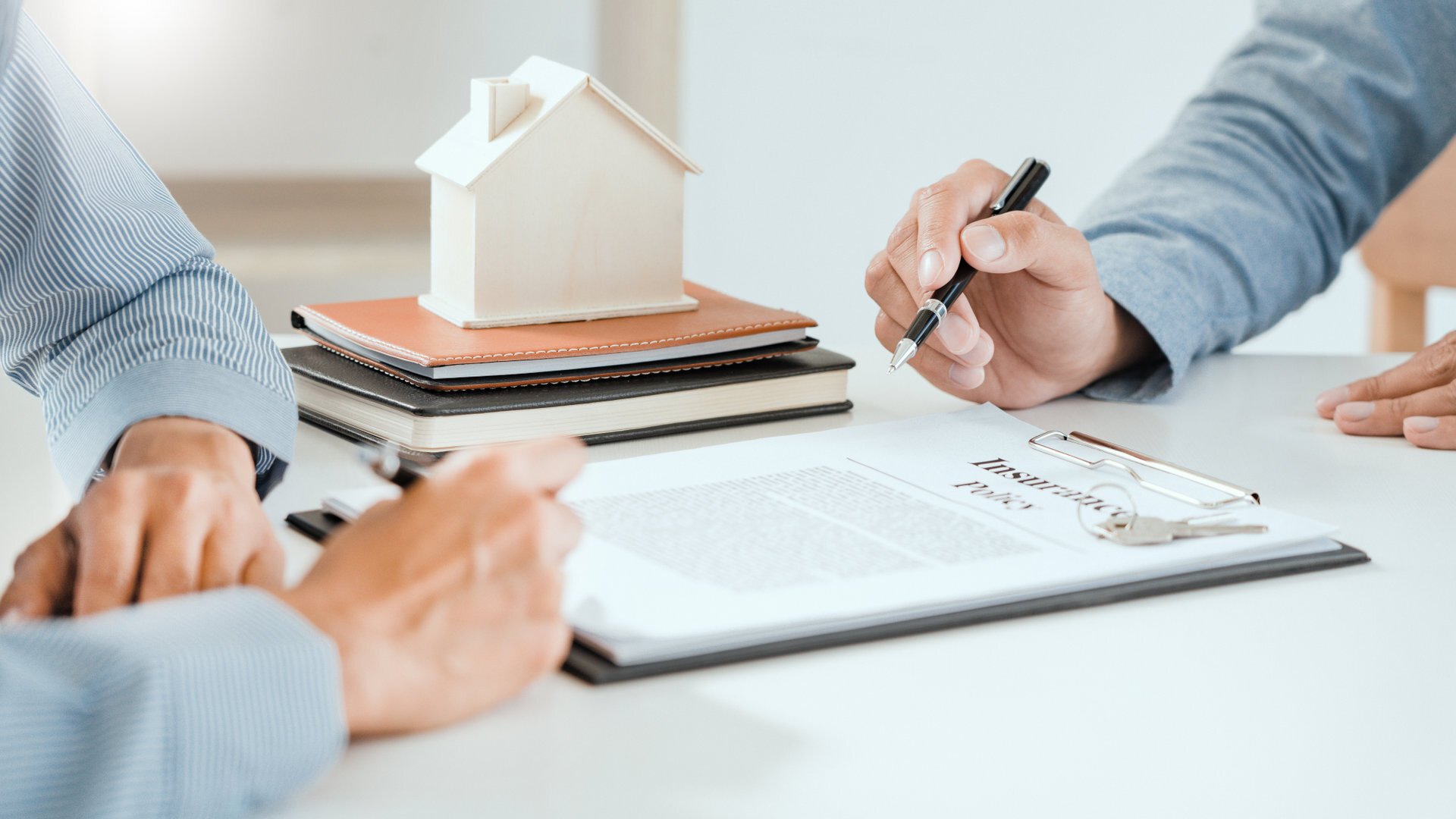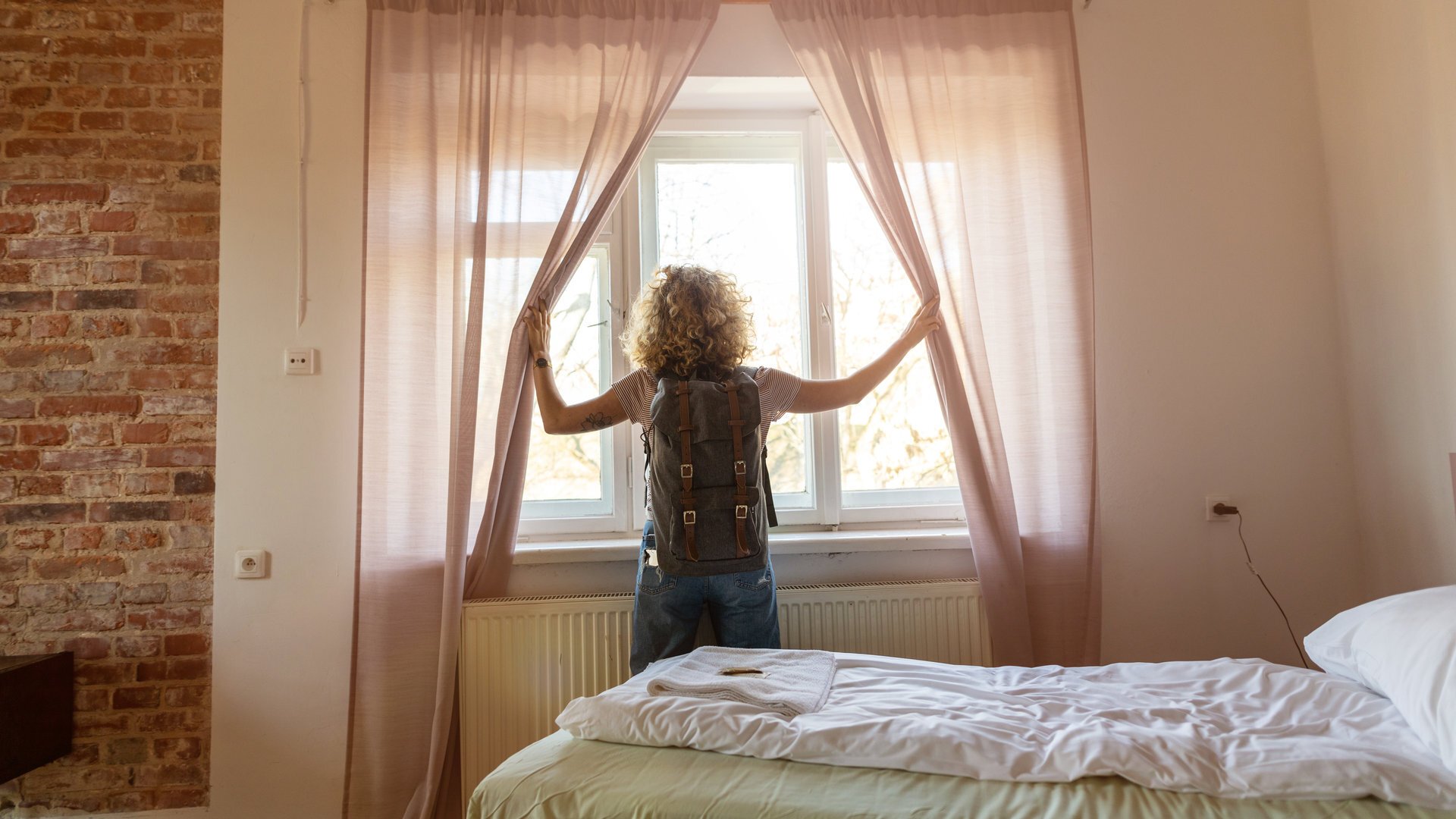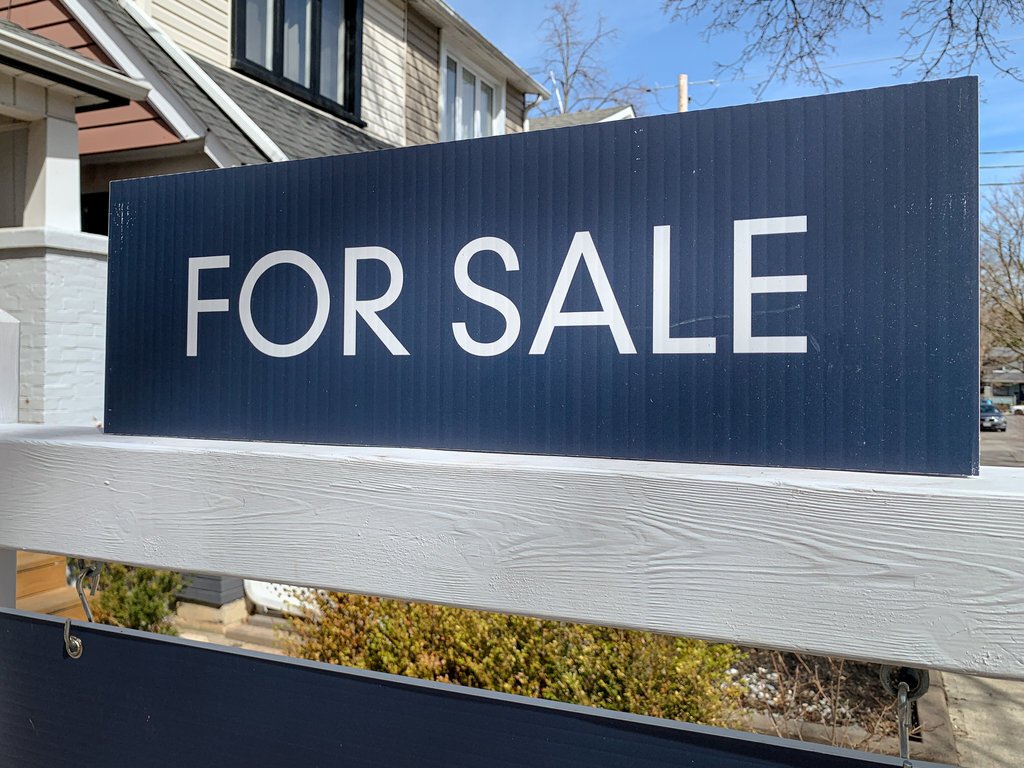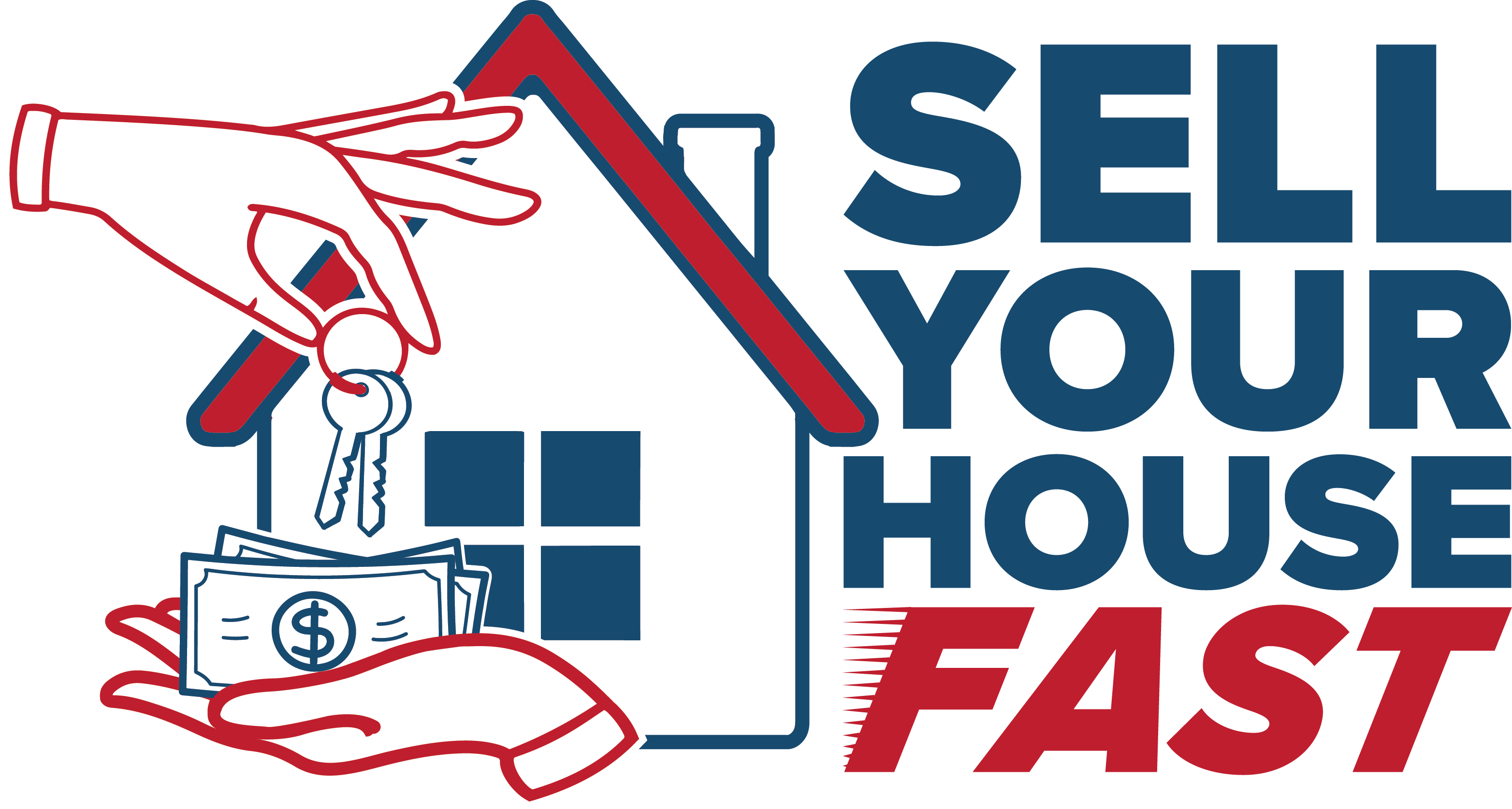There are good odds you’ve stayed at an Airbnb before, whether in a shared space or renting out an entire home yourself. Airbnb experiences are a good alternative to hotels and other rental options depending on where you’re going and how many people are with you. But, what about hosting your own house on Airbnb?
Many people are renting out their own homes on the platform, and some of these individuals have found great success. Airbnb income can act as supplemental support to your current work, and it might be a wise decision to host your entire home for guests.
However, there are pros and cons to becoming a host. There are various factors to consider, and it’s best to know about the benefits and drawbacks ahead of time. Here are some of the main things you need to think about before starting your own Airbnb account as a host.
The Legal Issues With Airbnb Hosting
If you own your property, it’s very unlikely that you’ll deal with a breach of contract with your mortgage. But, there are other legalities to keep in mind. You need to check your local laws before you start booking out your calendar to let guests stay.
Many cities are limiting Airbnb rentals in their boundaries, so you’ll need to make sure the ordinances in your area allow for short-term rentals. And, even if it’s technically legal where you live, your homeowner’s association might not allow renters.
Short-Term Rentals And Liability

The other legal issue to consider is liability. While Airbnb does mitigate conflicts between renters and owners, things can get complicated. When you let guests check in to your home, you don’t have control over what they do. Even well-meaning guests could accidentally break items around your property, so you might want to take out additional property insurance. The company does provide some insurance, but you can’t guarantee you’ll get reimbursed.
Airbnb And Your Finances
One element most people never consider regarding short-term rentals is refinancing their mortgage. While hosting probably won’t keep you from this option, it could affect interest rates. Having renters could also lead to the home being considered an investment property which changes interest rates and tax rates.
On the other hand, the income you generate from your property could offset any potential losses. If you don’t intend on refinancing anytime soon, putting your home p for reservations isn’t a bad idea.
Remember There Will Be Unexpected Costs

Along with things like insurance and liability, there are other random costs you’ll have to budget. Here are some of the many things you’ll have to pay for and provide for guests:
- Professional cleaning service: Airbnb allows you to set a cleaning fee for your listing to offset this cost. But, you’ll have to find a good and reliable person or company that can clean the property after each guest. It’s possible to do the cleaning yourself, but not everyone wants to do this.
- Extra household items: Some people offer more things to their guests than others, but even if you take a minimalist approach, you’ll need to provide the basics, such as toilet paper and towels. These overhead purchases should be factored into the cost of the process versus the potential income.
- Safety features: Because you could be responsible for accidents that happen to guests, make sure you have smoke alarms and carbon monoxide detectors in your house.
These are just some of the costs to keep in mind.
How Can I Prepare To Host My Home?
Another significant element of this process is determining whether or not your property will get renters. There are many houses on Airbnb, so you’ll have to look into how competitive the market is around your city. There are some practical ways to increase the value of your house to potential renters. Here are some things you can do:
- Offer a unique experience: If your home is conveniently located or has specific amenities like a pool, it could increase desirability to potential guests. However, things like pools and hot tubs could also raise liability concerns.
- Make the reservation process simple: Hosts often have a good deal of say in their reservation and cancellation policies. While you don’t want to make things difficult on yourself, guests will appreciate a fair and straightforward process.
- Ensure check-in is easy: Unlike in a hotel room with a key card, guests have to get into your actual house. Some people use locks with codes or provide a key in another way. If the process is complicated or you’re challenging to get a hold of, this can impact your overall rating.
- Include extra amenities: While it’s not required to include lots of toiletries or amenities, guests appreciate these gestures. If you make their stay comfortable, they’re more likely to give you an excellent rating. You can even include comforts like air conditioning on the listing, and these small differences could set your listings apart. Overall, ratings will increase if you have great accommodations.
It’s also a good idea to talk to experts in real estate or to others who have rented out their properties before to get more advice.
Buying Or Selling A Home To Rent Out

Maybe you don’t feel like your current property makes sense as a rental but still want to become a host. It’s also possible to have multiple listings and make real estate rentals a primary source of income. To do this, you might need to sell or buy a new home or homes with Airbnb in mind. If you want to sell your house quickly to get started with a new rental-friendly property, the best option is Sell Your House Fast Las Vegas. We buy properties as-is, so you don’t have to go through a long, drawn-out process.
Weighing The Pros And Cons of Being An Airbnb Host
This article covered many major considerations for putting your house on Airbnb, but you’ll still need to weigh your own personal situation and goals. If you use your home as your primary residence, renting might not be practical. But, if you have multiple properties or even an area of your home that’s easy to separate, you could make easy, extra money.



